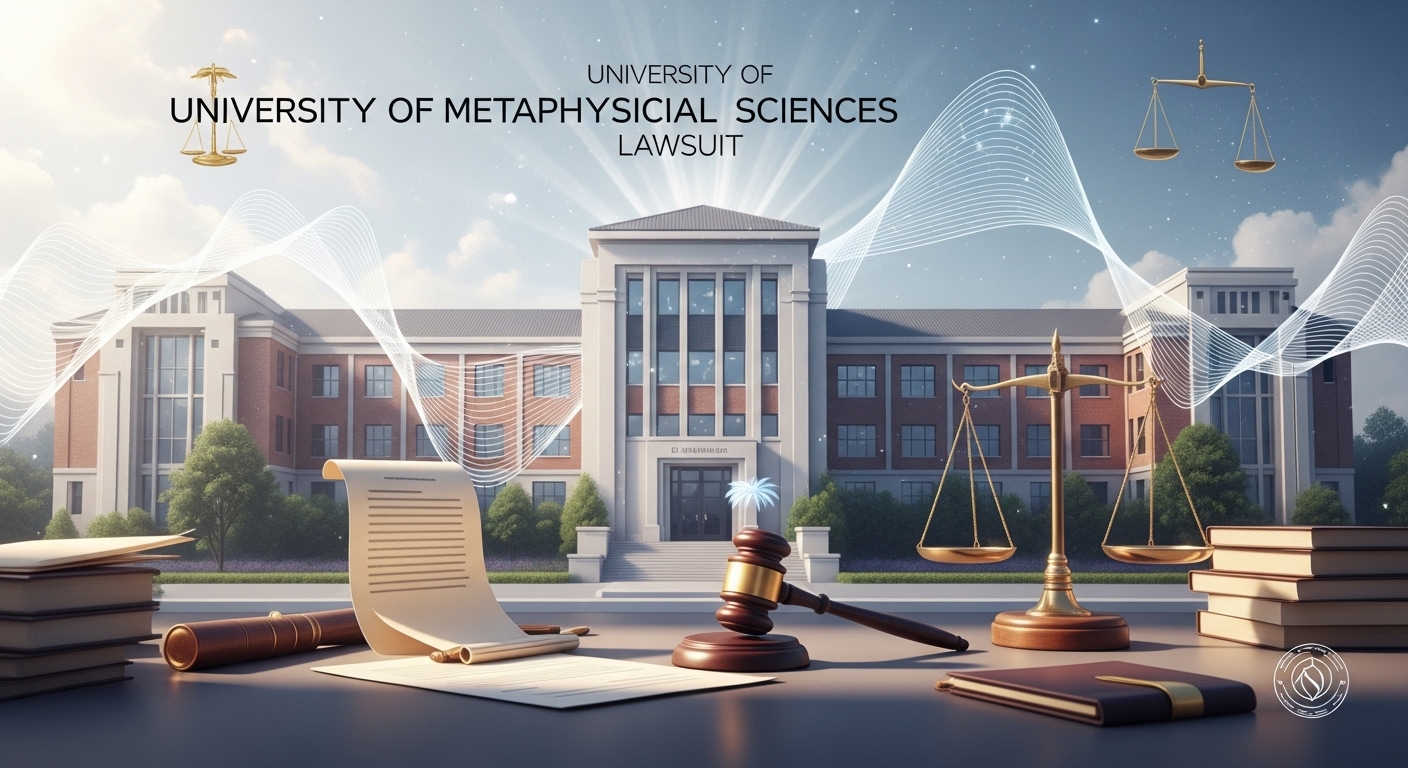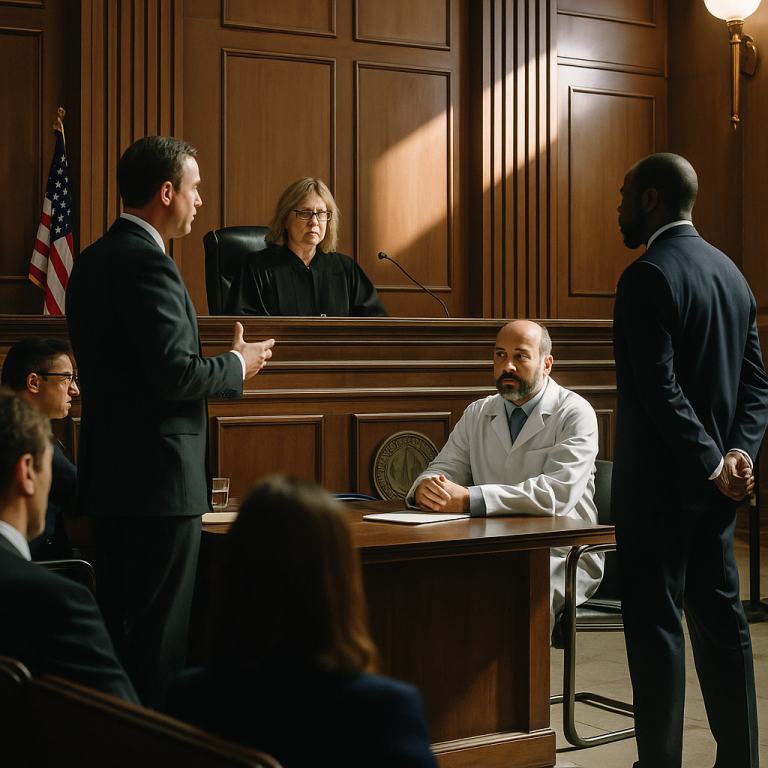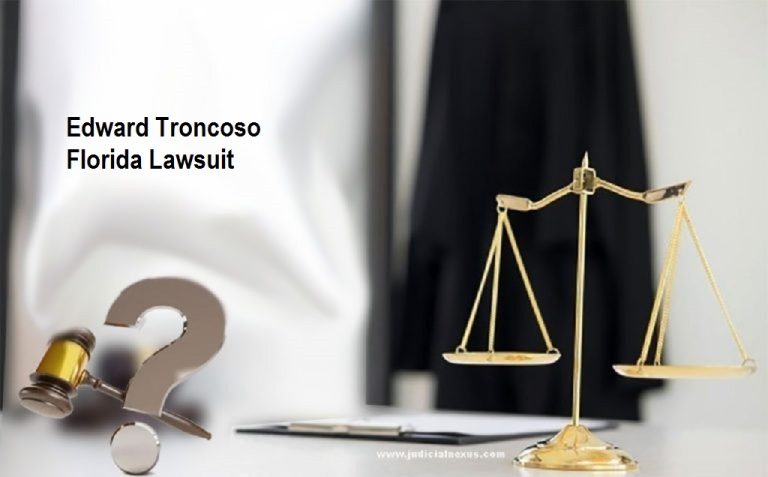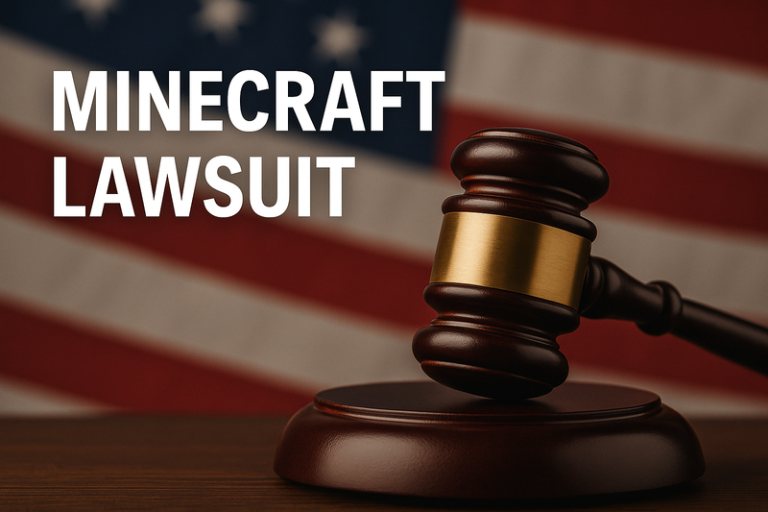The University of Metaphysical Sciences lawsuit created broad discussion in the alternative education community. It drew widespread interest due to issues involving trademark, advertising, and academic transparency; many students and professionals followed it closely to make sense of how such legal challenges can affect institutions that teach spiritual or metaphysical subjects.
Education in metaphysical and holistic studies normally takes place outside of the mainstream of accreditation. That very difference sometimes leads to misunderstandings when questions about recognition and legitimacy arise. The class-action lawsuit filed against the University of Metaphysical Sciences brought those issues pointedly to light. At the same time, it provided many lessons for prospective students considering alternative degrees.
The article covers the major areas of the case: what happened and when, the legal issues involved, the educational context, and broader implications. The article is written based on publicly available, verified information and pursues clarity and precision.
Understanding the University of Metaphysical Sciences
The University of Metaphysical Sciences is a distance-learning university serving students worldwide with metaphysical and spiritual education. Classes include the study of consciousness, energy healing, metaphysical psychology, spiritual counseling, and meditation.
The approach of the university combines spiritual philosophy and self-development. It does not consider itself a secular university but rather as an educational ministry. That model implies that it is following a religious or holistic educational path, rather than seeking standard academic accreditation.
The purpose of UMS is to provide an opportunity for students to explore metaphysical concepts, personal awareness, and universal spirituality. Students work toward earning bachelor’s, master’s, and doctoral degrees through online study and written coursework. The emphasis of the seminary is on personal growth and spiritual service.
UMS thus attracted those in search of identity and spiritual meaning. But that very autonomy did raise concerns about recognition of degrees beyond the spiritual sphere.
How the Legal Dispute Started
The University of Metaphysical Sciences’ lawsuit started over a dispute between two spiritual education entities. According to public filings, the International Metaphysical Ministry IMM filed a lawsuit against UMS over claims of trademark and advertising conflicts. The first lawsuit appeared in 2017. Later cases followed in 2018 and 2021. These lawsuits took place within the U.S. federal courts in California. The main issue involved branding, intellectual property, and potential confusion between the two organizations.
Each case involved similar claims. IMM alleged that UMS used marketing terms and educational materials that resembled IMM’s own programs. IMM claimed this created confusion among potential students. UMS denied those claims and defended its independent operation.
The dispute continued across several years. Court records show active filings through early 2024. Reports from multiple sources say that the last case reached closure around May 2025. According to several online summaries, the dismissal ended all major claims.
Key Legal Issues and Allegations
The University of Metaphysical Sciences lawsuit focused on several distinct claims. Each addressed how alternative education operates under U.S. law.
1. Trademark and Branding Conflicts
IMM argued that UMS used names, logos, or marketing phrases that created market confusion. The plaintiff said that potential students might believe the two organizations were connected. UMS responded that its branding and mission remained independent.
2. Advertising and Representation
The lawsuits also included allegations that UMS presented its programs in ways that might mislead students about degree recognition. UMS stated that its advertising clearly described its purpose as a metaphysical institution under spiritual education principles.
3. Competition Between Institutions
The cases suggested broader commercial competition. Both organizations offered similar degrees in metaphysical studies. The lawsuits, therefore, reflected the tension between institutions operating in the same niche.
4. Accreditation and Legitimacy Questions
Although not the central legal issue, public conversation expanded into questions of accreditation. Many people asked how metaphysical universities gain recognition. This became one of the most searched aspects of the case online.
The Role of Accreditation in Metaphysical Education
Accreditation often defines a school’s reputation in traditional education. In metaphysical and spiritual studies, the standards differ. Institutions like UMS function under religious or philosophical exemption laws. These laws allow them to issue degrees within a non-secular framework.
The University of Metaphysical Sciences lawsuit helped highlight this difference. Students pursuing degrees in metaphysical fields must understand that state or regional agencies may not accredit these programs.
In most U.S. states, spiritual or metaphysical universities operate under a religious-exemption model. That means they can teach spiritual philosophy and confer degrees, but those degrees serve spiritual rather than professional or licensure purposes.
This distinction is essential. Many institutions clearly state their accreditation status on their websites. Students who misunderstand that detail might expect recognition that does not apply to their career goals. The lawsuit encouraged more transparency across the entire alternative education sector.
Alternative Education Lawsuits in the United States
The University of Metaphysical Sciences lawsuit was not the first involving an alternative education provider. Several other cases have examined how non-traditional institutions advertise and define their programs.
As interest in distance learning grew, new spiritual and holistic universities emerged. Some offered degrees in energy work, consciousness studies, or healing arts. These schools often blend education and ministry. Because of that mix, they exist in a grey area between religious freedom and academic oversight.
Legal challenges sometimes arise when advertising appears similar to traditional academic claims. The most common issues involve student misunderstanding or alleged misrepresentation. However, many alternative universities remain legitimate under their legal exemptions.
The UMS case brought public focus to these differences. It reminded students to research each institution’s legal status before enrollment. It also reminded universities to maintain clarity in their marketing language.
How Students React to Legal Uncertainty
When news of the University of Metaphysical Sciences lawsuit spread, many students felt uncertain. Some wondered if their degrees would lose value. Others worried about the institution’s stability.
UMS addressed these concerns directly. It explained that the lawsuit concerned trademark and branding, not academic credibility or student degrees. Many students continued their programs without disruption.
It was a case that brought awareness, rather than panic. It underlined the importance of reading institutional disclosures and asking questions before enrolling. In that sense, it was an educational experience for the greater metaphysical community.
Students found that litigation could even occur within a highly esteemed spiritual congregation. The most important thing learned was being aware and active regarding one’s education.
Public and Media Response
The lawsuit generated a variety of public reactions. For some online writers, it was no more than a routine business dispute. Others treated it as a reflection of more profound questions about the legitimacy of alternative education.
Because metaphysical education is such a niche topic, media coverage stayed limited; however, several independent blogs, spiritual news outlets, and legal summary sites covered updates from 2017 to 2025.
Each update focused on the lawsuits’ progress, the filings, and, later, the reported dismissal. The tone was mainly factual. Very few major newspapers touch upon it, probably because of its narrow audience.
This story sparked heated debates on online forums about spirituality, metaphysics, and holistic learning. Such discussions underscore the importance of transparency in all modes of education, whether traditional or alternative.
Legal Developments and Outcomes
Court records indicated that the 2021 case, filed in California federal court, remained active into 2024. Its docket reflected various motions, responses, and procedural orders. Reporting at the end of 2025 indicated that the case concluded with a dismissal without any finding of liability.
The result favored closure rather than continued litigation. Both sides appeared to move on. UMS resumed full operations and reaffirmed its educational mission.
The outcome reinforced an important point: disputes among institutions do not automatically imply wrongdoing. Many lawsuits between organizations resolve through dismissal or settlement without affecting students.
The University of Metaphysical Sciences lawsuit eventually closed a long chapter in the metaphysical education field. It also underscored the value of accurate communication and branding within the spiritual academic space.
Lessons for Students Considering Non-Traditional Degrees
Students exploring metaphysical or spiritual education can take several lessons from this case.
1. Research Each Institution Thoroughly
Always check an institution’s background, history, and legal structure. Verify whether it operates under a religious exemption or a standard accreditation system.
2. Read All Disclosures Carefully
Transparency is key. Institutions must explain how their degrees function. Students must understand those limits before enrollment.
3. Match Educational Goals and Career Plans
If your goal is spiritual growth, a metaphysical program may be a perfect fit. If you want professional licensure, seek accredited programs recognized in that field.
4. Ask Questions About Legal Standing
Students should not fear asking about lawsuits, complaints, or state licensing. Responsible institutions provide honest answers.
5. Keep Documentation
Maintain copies of enrollment agreements, promotional materials, and correspondence. These can clarify expectations if confusion arises later.
The University of Metaphysical Sciences lawsuit encouraged students to make informed decisions and strengthened awareness across the entire sector.
Broader Impact on Metaphysical and Spiritual Education
The lawsuit’s influence extended beyond the courtroom. Many metaphysical institutions revisited their marketing strategies. They revised public statements to clarify the accreditation status.
Educators realized that even spiritual universities must meet modern transparency standards. Prospective students expect openness about degrees, recognition, and potential limitations.
The metaphysical education industry grew after this period. Interest in consciousness studies, energy healing, and mindfulness expanded worldwide. The case encouraged more structured practices in spiritual education.
UMS maintained its community focus and educational mission. It continued to offer programs centred on spiritual understanding and metaphysical science. The lawsuit became part of its institutional history but did not stop its growth.
Final Thoughts and Key Takeaways
The University of Metaphysical Sciences lawsuit offers several clear lessons. Legal challenges can happen to any organization, especially in industries that mix education, religion, and philosophy. This case showed that misunderstandings often fuel disputes. Institutions must ensure that every communication remains transparent. Students must study legal disclaimers before they commit.
Metaphysical universities continue to operate legally and openly across the United States. They serve a unique purpose in spiritual education. Awareness of their limitations helps maintain trust and integrity. The case also showed how alternative education can coexist with traditional models. Diversity in learning adds value when honesty and clarity guide it.
Conclusion
The University of Metaphysical Sciences lawsuit drew global attention to metaphysical education and its evolving place in modern society. The case involved claims of trademark confusion and advertising disputes between institutions offering similar programs. Although it ended through dismissal, the conversation it created continues to shape the spiritual education sector. Students now pay more attention to transparency, accreditation, and institutional accountability.
The outcome reinforced the validity of spiritual learning within its domain. Legal clarity and open communication protect both students and educators. As alternative education continues to expand, the University of Metaphysical Sciences lawsuit stands as a reminder that credibility comes from honesty, not just accreditation.
Ayesha Awais is a content writer for JudicialNexus.com, covering accident reports, injury-related news, lawsuits, and public safety updates. All content is informational in nature and based on publicly available sources.




